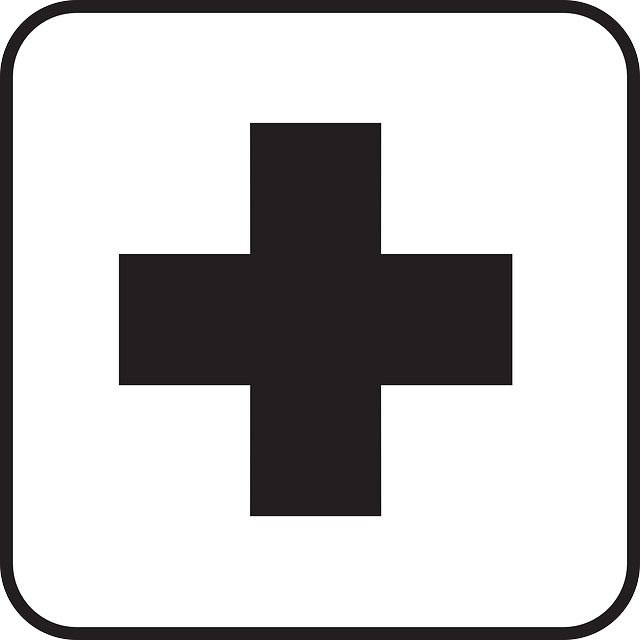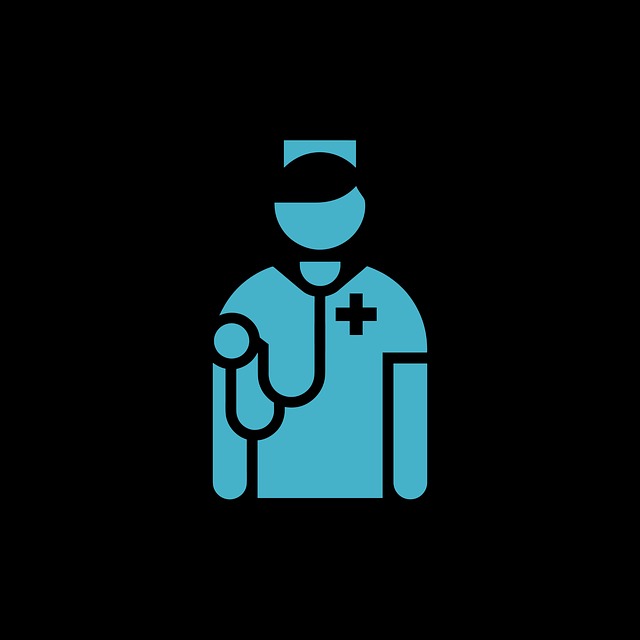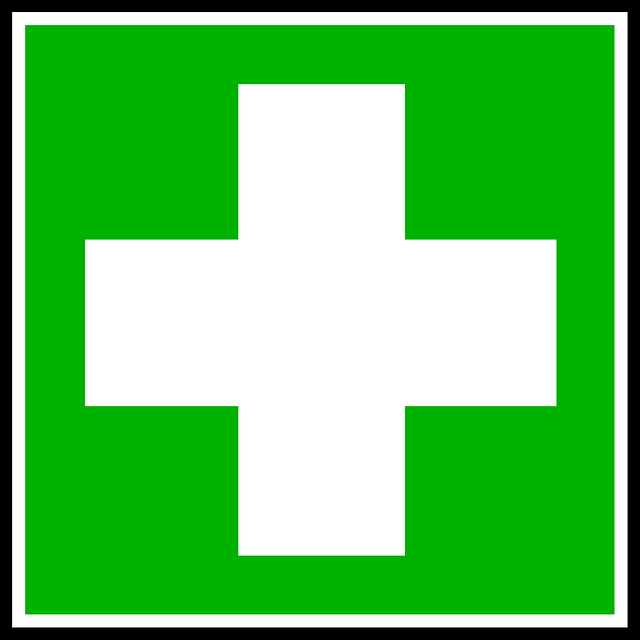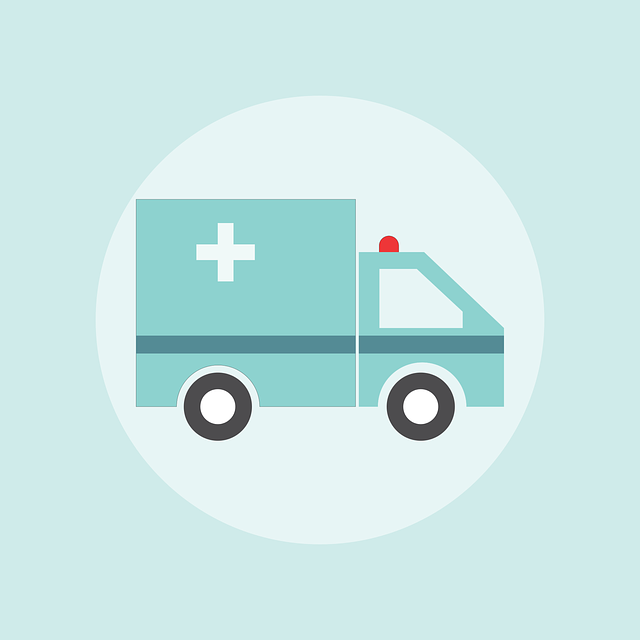This text compares hospital plans and medical aid in South Africa, highlighting their strengths and weaknesses for meeting healthcare needs. Hospital plans offer robust inpatient care but exclude routine checks, medications, and preventive treatments with lower premiums, while medical aid provides broader benefits like routine care and prescription drugs at higher costs. The optimal choice depends on personal health requirements and budgetary considerations, with hospital plans suitable for prioritizing inpatient treatment and medical aid better for comprehensive healthcare coverage beyond hospitalization.
In South Africa, choosing between a hospital plan and medical aid is crucial for ensuring access to quality healthcare. This article guides you through the complexities of these options, focusing on their pros and cons. We’ll explore the coverage, benefits, and costs of each, helping you understand which is better suited to your needs: hospital plans or medical aid. By the end, you’ll be equipped to make an informed decision for yourself and your family.
- Understanding Hospital Plans: Coverage and Benefits
- Medical Aid in South Africa: What You Need to Know
- Comparing Costs and Services: Pros of Each Option
- Making an Informed Choice: Cons and Considerations
Understanding Hospital Plans: Coverage and Benefits

Hospital plans, as the name suggests, are designed to cover expenses incurred at hospitals. In South Africa, these plans typically offer a range of benefits, including in-patient care, specialist consultations, and emergency treatments. When comparing which is better between a hospital plan or medical aid, understanding the coverage and benefits becomes crucial. Hospital plans often have lower monthly premiums and may be more suitable for individuals seeking basic healthcare needs without extensive cover.
In contrast to medical aid, hospital plans usually exclude routine medical checks, prescription drugs, and certain preventive treatments. However, they excel in providing comprehensive coverage during hospital stays, ensuring policyholders receive the necessary care without unexpected financial burdens. Which is better depends on personal health needs; for those primarily focusing on inpatient treatment, a hospital plan could be the more efficient choice.
Medical Aid in South Africa: What You Need to Know

Medical Aid in South Africa plays a pivotal role in ensuring access to quality healthcare for its members. It’s a private insurance scheme that covers a range of medical expenses, including hospitalization, doctor visits, and specialist care. South Africans often choose Medical Aid as a way to manage their healthcare costs effectively. There are numerous options available, each catering to different needs and budgets, making it essential to understand the benefits and limitations before signing up.
When considering which is better between Hospital Plan and Medical Aid, understanding these schemes’ nuances is crucial. While Hospital Plans typically offer coverage for inpatient care, they may have restrictions on outpatient services and specialist treatments. In contrast, Medical Aid provides a more comprehensive package, encompassing various healthcare services beyond hospitalization, thereby offering members broader protection and flexibility in managing their health needs.
Comparing Costs and Services: Pros of Each Option

When comparing hospital plans versus medical aid in South Africa, understanding the pros and cons of each option is crucial for making an informed decision. One key aspect to consider is cost. Medical aid schemes often come with monthly premiums, which can vary based on the type of cover and your age. However, they typically offer a broader range of services, including routine check-ups, specialist consultations, and hospital stays. In contrast, hospital plans usually have lower or no monthly fees but may require you to pay for certain services out of pocket initially. This option is beneficial for those who prefer to have control over their medical expenses and don’t anticipate significant health issues.
In terms of services, medical aid generally provides a comprehensive network of healthcare providers, including hospitals, clinics, and specialists. It often includes prescription cover and mental health support. On the other hand, hospital plans may offer faster access to certain specialist services and have specific partnerships with healthcare facilities, which can result in reduced waiting times for treatment. While medical aid is suitable for those seeking a robust safety net, hospital plans can be advantageous for individuals who need quick, convenient care without breaking the bank.
Making an Informed Choice: Cons and Considerations

Making an informed choice between a hospital plan and medical aid depends on understanding both options’ pros and cons. While hospital plans offer comprehensive coverage for specific procedures and often have no pre-existing condition exclusions, they may have higher out-of-pocket expenses like co-pays and deductibles. Additionally, these plans tend to focus on inpatient care, potentially leaving outpatient services or specialized treatments uncovered.
On the other hand, medical aid schemes provide a broader range of benefits, including routine check-ups, specialist consultations, and prescription drugs, aside from inpatient care. They often have lower monthly premiums but may include exclusions for pre-existing conditions and certain procedures, requiring careful consideration. The choice between which is better—hospital plan or medical aid—ultimately hinges on individual health needs, budget constraints, and the level of coverage desired.
When deciding between a hospital plan and medical aid in South Africa, understanding the unique benefits and drawbacks of each is crucial. While hospital plans offer comprehensive coverage for various procedures, they may have limited provider networks and higher out-of-pocket expenses. On the other hand, medical aid provides access to a vast network of healthcare providers but could come with stricter eligibility criteria and waiting periods. Ultimately, the choice between which is better depends on individual needs, budget, and preferred level of flexibility and control over healthcare decisions.







